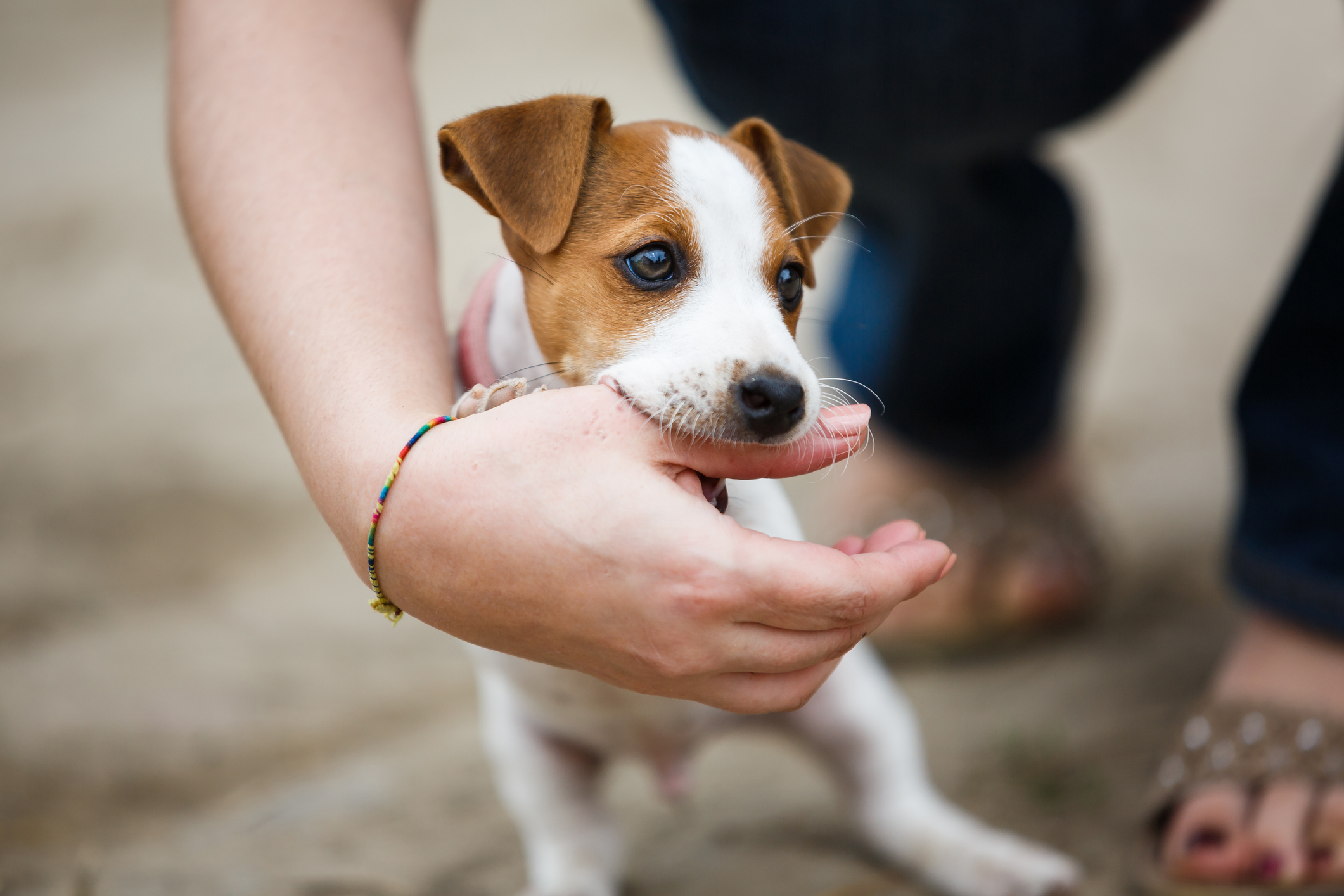How To Train A Puppy Not To Bite
Puppy Training 101: How to Train a Puppy Not to Bite
Understanding how puppies behave and how to modify their behavior to ensure they grow up well-behaved is part of any good puppy training program.
A big part of being a responsible puppy parent is teaching a puppy how to properly interact with humankind, necessitating training them NOT to bite you (and, therefore, others in the process.)
Puppy Behavior: Mouthing and Biting
Mouthing is a natural puppy behavior and, much like babies putting things in their mouth, is part of the way they explore their world. It also plays a role in how puppies play with each other.
Play for dogs is ritualized aggression and mimics how they would take down prey if they were hunting. Sometimes, play leads to over-arousal, however, and this is when mouthing can turn into a bite.
Feedback from Playmates is Crucial
When mouthing turns into biting, the puppy on the receiving end will yelp, startling the puppy doing the biting and prompting them to release their “prey.”
This interaction is an essential part of the process for how a puppy learns bite inhibition, meaning their capacity to control how hard or soft they bite down on something sensitive like a playmate.
The feedback a puppy receives from its playmates lets it know when it has gone too far. This, in turn, teaches a puppy not to bite down too hard during play before it causes actual damage.
Play-biting may be cute when a puppy is small, but not when it grows up
It’s important to be aware that your puppy will have a tendency to mouth and bite you when you play with it, and that how you choose to respond to the biting matters a lot!
Play-biting can be cute in the beginning, but remember, anything that you allow your puppy to do to you is something it will think is ok to do to someone else. To puppies, sometimes = anytime. As your puppy's main caregiver, it is up to you to train your puppy what behaviors are acceptable and which are not, especially when it comes to biting.
Since your puppy is going to be an adult dog someday, you need to teach it that it’s not okay to bite people; otherwise, the biting can escalate and lead to your puppy growing up to be an adult dog that causes you or someone else real pain.
Positive Puppy Training Rules to Live By
Always have a toy handy when handling your puppy
In order to save yourself a whole lot of trouble, the best course of action is to always grab a toy when you are planning on playing with your puppy.
The toy acts as a “legal bite outlet” for your puppy, as well as a training tool that helps it to distinguish between acceptable and unacceptable behaviors when playing with humans. In other words, biting on toys is ok, but biting on people is not!
Tug toys make the best training toys because there is plenty of surface area for your puppy to “attack” on the legal side of the toy, so if they do bite you, it’s pretty obvious to both of you and gives you the perfect opportunity to implement the “Three Strikes, You’re Out” rule.
RELATED PUPPY TRAINING VIDEO: How To Teach A Puppy To Give Up Something In Its Mouth
Setting up boundaries with a puppy: The “Three Strikes, You’re Out” Rule
When your puppy puts its teeth on your skin, give it three chances to understand that you don’t want it to do that:
The first time it happens during a play session, that's Strike One. Immediately stop interacting with your puppy by pulling your hands and the toy away, pausing the play session for 10-15 seconds. It’s a good idea to tuck the toy under your arms, behind your back, or to even sit on it to send out a message that biting not only stops play but makes the toy go away, too. Then, wait for your puppy to ‘sit’ or visibly calm down before resuming play.
Once you resume play, if a puppy bites again, that's Strike Two. Immediately stop play, pull your hands and the toy away, and then stand up and turn around, turning your back to your puppy for a few seconds and ignoring it. After about 10-15 seconds, see if your puppy sits or visibly calms down, and then resume play.
If your puppy bites again for the third time, that’s Strike Three. It’s time to put your puppy in a timeout by putting them back in their playpen/confinement area* and, thereby, ending the game. This teaches your puppy that continuous biting means losing its' human playmate.
*If you use your puppy’s crate as a timeout zone, the timeout should only last as long as it takes your puppy to settle into a down, and then give them something to chew on to keep them occupied. A timeout needs to be brief in order to be instructive, and it's important to not come down too hard on a puppy by isolating it for too long.
RELATED POST: How To Train A Dog NOT To Do Something
Stopping a Puppy from Biting Requires Consistent Training
It’s extremely important when training a puppy not to bite on people that everyone who cares for the puppy is adopting the same measures on how to respond to play-biting.
If one person in the home thinks it’s fun and continues to let a puppy bite them during play, this will send out mixed messages to the puppy.
If you are a couple or a family raising a high-energy pup who loves to play, it’s essential that you agree on how to respond to play-biting when it happens. Puppies don’t understand sometimes!
This is why it’s a good idea to always have a toy in your hand when you play with your puppy to ensure you can actively train it on how to play acceptably with humans. The best way to avoid future unpleasantness is by never letting the puppy biting get out of control in the first place.
RELATED POSTS: How To Socialize A Puppy in Los Angeles
---
Los Angeles dog trainer Alexandra Bassett is the owner and lead trainer at Dog Savvy Los Angeles, a dog training company that specializes in positive dog training and solving problem dog behavior like dog separation anxiety, leash reactivity, and dog aggression. She is certified as Knowledge Assessed by the Council of Professional Dog Trainers (CPDT-KA) and is available for online dog training sessions via Skype.





